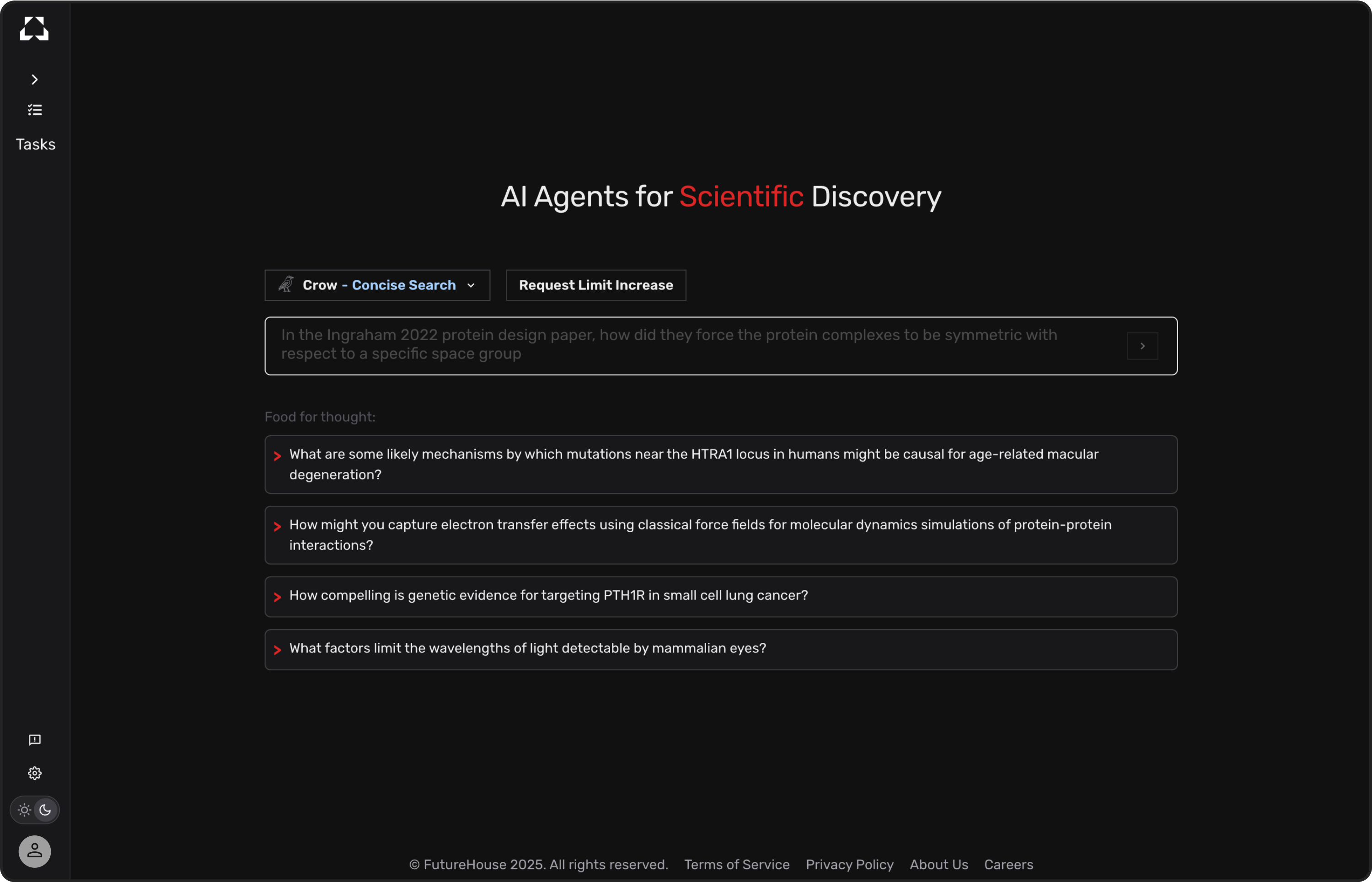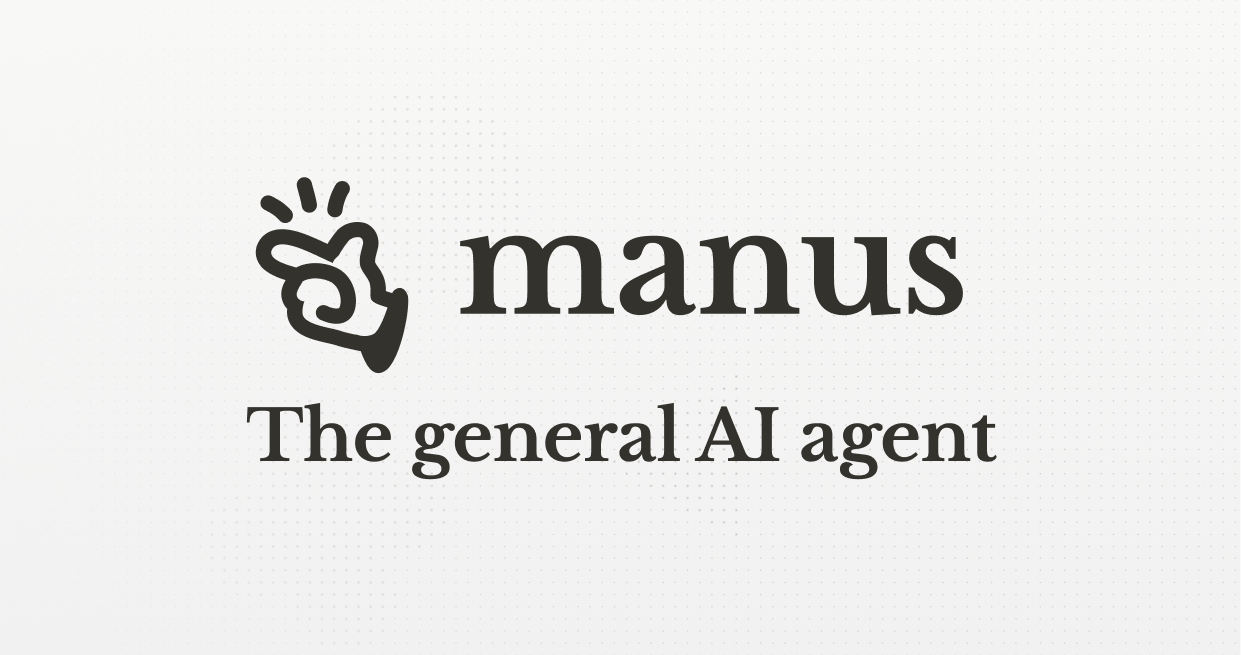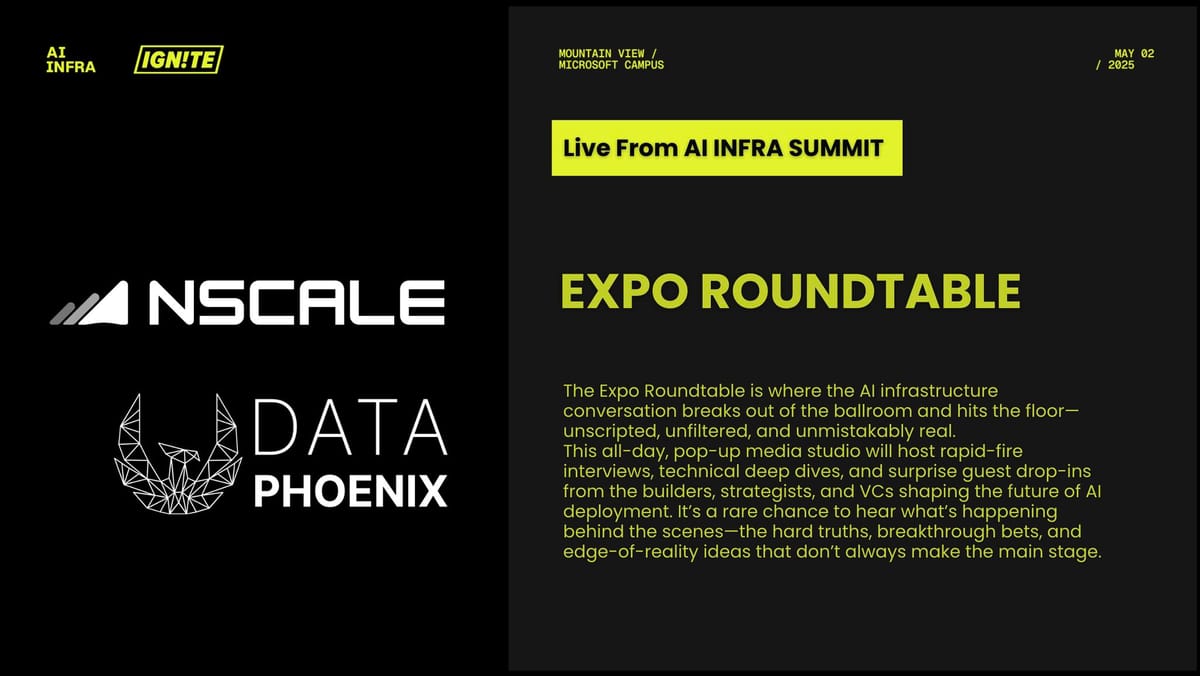FutureHouse has unveiled a new platform that offers what the organization calls "the first-ever superintelligent scientific agents". The platform is tailored to help researchers navigate the overwhelming volume of scientific literature and data by arming them with AI agents that can identify unexplored mechanisms, find contradictions in literature, analyze experimental methods, customize research pipelines, and reason about chemical compounds. The platform features four specialized AI agents, each designed to tackle different research challenges:
- Crow: A general-purpose agent that provides scholarly answers to questions by navigating and extracting information from the relevant scientific literature. Crow is optimized for API use to mitigate the costs associated with local deployments. (Concise search)
- Falcon: An agent that can perform comprehensive literature reviews. According to FutureHouse, Falcon has access to specialized scientific databases like OpenTargets, and "can search and synthesize more scientific literature than any other agent [they] are aware of." (Deep search)
- Owl: Previously known as HasAnyone, Owl is an AI tool designed specifically to investigate whether a topic has been researched before. (Precedent search)
- Phoenix: An experimental chemistry-focused agent based on ChemCrow that assists with planning chemistry experiments. ChemCrow is described as an "LLM chemistry agent designed to accomplish tasks across organic synthesis, drug discovery, and materials design."
According to FutureHouse, these agents have been rigorously benchmarked and demonstrated to be more accurate and precise than major frontier search models on retrieval tasks. The company claims their tools also display better precision than PhD-level researchers in head-to-head literature search tasks. Other key differentiators of these agents are their access to open-access papers and specialized scientific tools, transparent reasoning processes visible to users, and scalability through a web interface and API access.
The thought that scientific discovery can be automated or accelerated through AI systems is hardly novel. OpenAI CEO Sam Altman and Anthropic CEO Dario Amodei have expressed their optimism that AI will help accelerate scientific progress and innovation in practically every domain. Additionally, several startups are developing variations on the idea of an "AI scientist" capable of tackling the full scientific method, from hypothesis generation to final paper. Even Google recently released an "AI co-scientist", a system designed to act as a collaborator, and generate novel hypotheses and research proposals.
Still, experts in the scientific community are largely skeptical that the current generative AI systems are ready to make even meaningful contributions to science, let alone take on the full research process without expert oversight. Relatedly, experts have been pointing out that even if accelerating scientific discovery with AI were possible, there are plenty of ethical issues surrounding the usage of AI in science to be solved. For instance, studies have also begun to highlight that even without the widespread usage of these so-called AI scientists, AI-generated fake scientific papers are slowly starting to flood the internet.





Comments